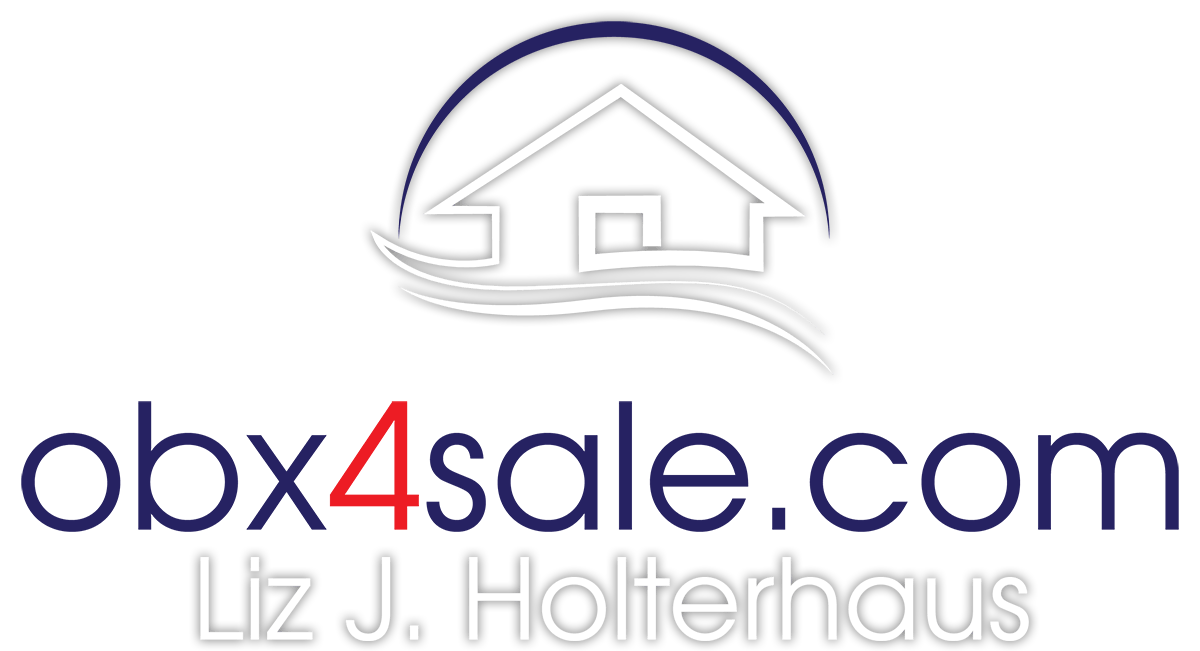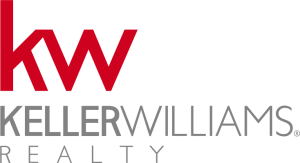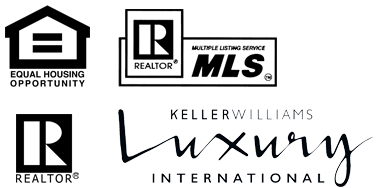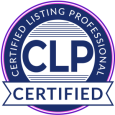A home is a major investment for many people. It’s a place where individuals, couples, and families will stay for many years, so it isn’t a decision that should be taken lightly. Houses are also one of the most expensive purchases that a person will ever make, so take all the time that you need to find the residence that best meets your needs.
Some buyers are able to purchase a house with cash. The majority of homeowners acquire their property with the assistance of a mortgage loan. Many loans require a downpayment to be made, and then the rest of the transaction will be financed through monthly mortgage payments.
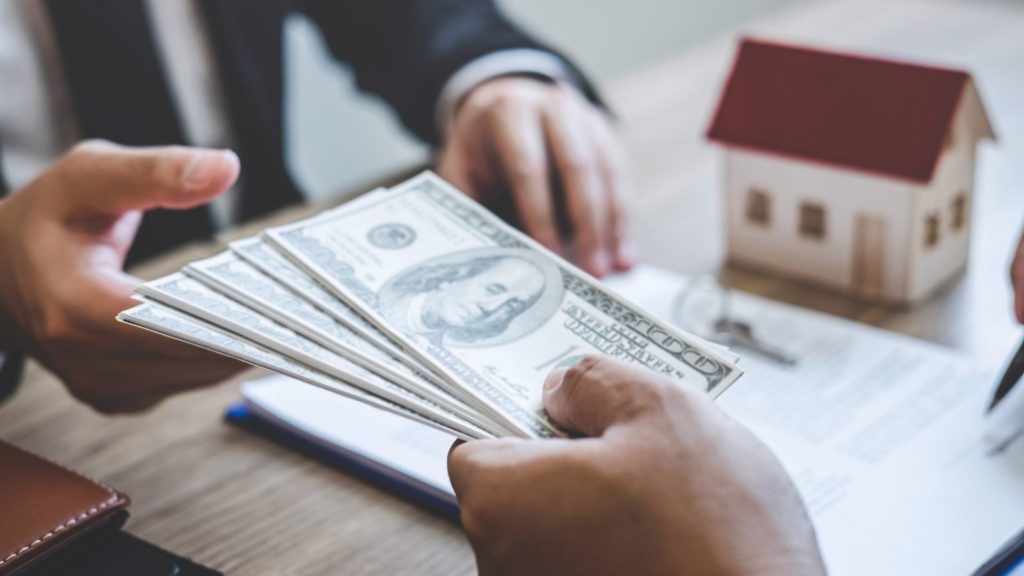
Buying a home in North Carolina isn’t always easy. You need to pay attention to current market trends and economic conditions. This can help you determine if you’re in a buyers’ market or a sellers’ market. Even if your offer is accepted, you may still face delays and other issues along the way. Having an open mind, patience and concentrating on the overall goal of homeownership can help you succeed. Here are a few things to know about down payments when buying a house.
The exact amount of your down payment will vary, depending on the sale price of the property, your lender, and the type of home loan. Most down payments are a percent of the home’s asking price. For example, a ten percent down payment on a $200,000 house is $20,000.
Down payments are usually anywhere from around five to as much as twenty percent of the house’s sale price. The rest of the purchase will be financed through your mortgage loan. Your bank, credit union or other lending institution will determine your monthly mortgage payments. Part of the payment will go toward the loan principal and another portion will be applied to the loan’s interest.
Advantages of higher down payment:
1. Lower monthly mortgage payments. One of the main reasons why people opt for a larger down payment is that it tends to decrease their monthly mortgage payments. That’s because they’re paying off more of the loan balance with that initial lump sum. The mortgage contract should show you exactly what your mortgage payments will be. You can inquire with your lender if you want to pay more than the minimum amount each month.
2. You can build equity faster. A larger down payment can also help homeowners build equity in less time. Home equity is the value of your house. The mortgage balance is subtracted from that figure to arrive at the equity number. Equity is another way to increase your wealth, so having more equity can be very beneficial.
3. You may also have a lower interest rate. Making a higher down payment can result in a lower interest rate for the remaining balance on your mortgage loan. Your lender may agree to reduce the interest rate in exchange for a larger down payment. The more you pay up front, the less risk that banks, credit unions and other lending organizations have.
4. Your current and future loan fees may also be less. Depending on the type of loan you have, all or part of the mortgage may be supported by a government agency, such as the United States Veterans’ Administration, the U.S. Department of Agriculture’s Rural Development program or the Federal Housing Administration.
Disadvantages of higher down payment:
1. It may take more time to save for the down payment. It can take some buyers a while to afford a larger down payment. They may need to start saving for a longer period of time. That’s why it’s a good idea to start saving as soon as possible.
2. You’ll also need to budget for other expenses. Remember that you’ll not only need enough funds for your down payment, but you should also have enough money to pay closing costs and your current bills. Rent, utilities, car payments and other expenses shouldn’t be skipped. Missed or late payments can negatively impact your credit score. Making payments on time builds credit and shows lenders that you take your commitments seriously.
3. It may delay other investments or retirement savings. Unfortunately, saving for a house can put other projects on the back burner, at least temporarily. You may have to postpone saving money for retirement, investing in rental property, purchasing securities on the stock market or other plans. That’s perfectly okay. Budgeting smartly can put you back on track before you know it.
4. A larger down payment may only be beneficial if you plan to stay in the house for a while. If you don’t plan on living in the house that you’re buying for very long, you’re probably better off making a smaller down payment. Equity can accumulate faster, but it doesn’t happen overnight. You’ll also be paying more interest on the home loan initially, and that amount probably won’t be reduced significantly after only a few years of ownership.
Conclusion
You may consider selling any rental properties, boats, RVs or other vehicles to help raise cash for the down payment. You could also take out a personal loan. Just keep in mind that certain lenders or mortgage loan programs won’t allow you to borrow money that is intended to go toward the down payment on a house. The terms, conditions and rules of specific loans should be listed in the contract information. Other alternatives are taking money out of a 401(k) or other types of retirement accounts, or applying for down payment assistance. The state of North Carolina currently has several plans that can help some homeowners with down payments. Certain restrictions and conditions may apply depending on the particular program.
Once you’ve gotten over the down payment hurdle, the rest of the process should be rather straightforward. If your offer is accepted, it won’t be long until the sale is complete. At closing, all final paperwork will be signed and processed. The seller will receive their payment for the net proceeds from the transaction. You’ll be given the keys to your new home, and can move in as soon as you’re ready. Congratulate yourself on a job well done! You can start looking forward to spending many waking hours in a great place that you’ll be proud to call home.
Have Questions? Ask Liz!
Your real estate agent is the best source of information about the local community and real estate topics. Give Liz J. Holterhaus a call today at (252) 202-2156 to learn more about local areas, discuss selling a house, or tour available homes for sale.
